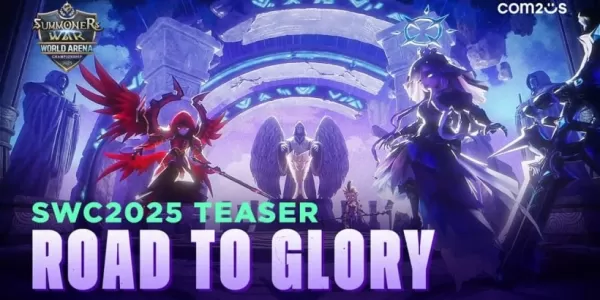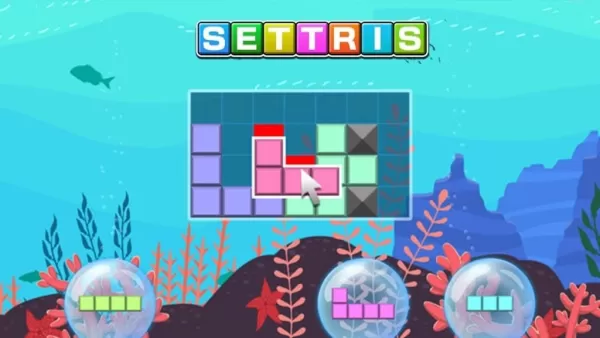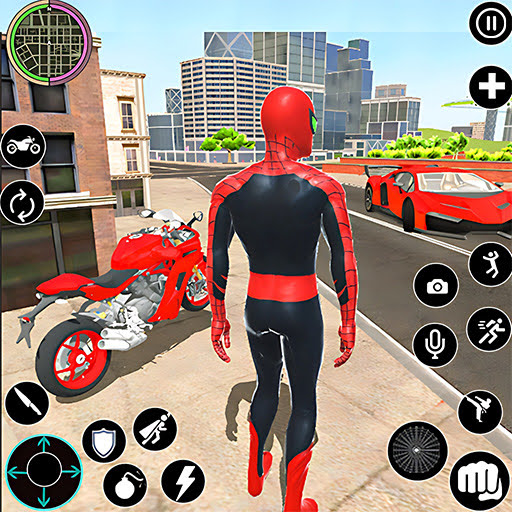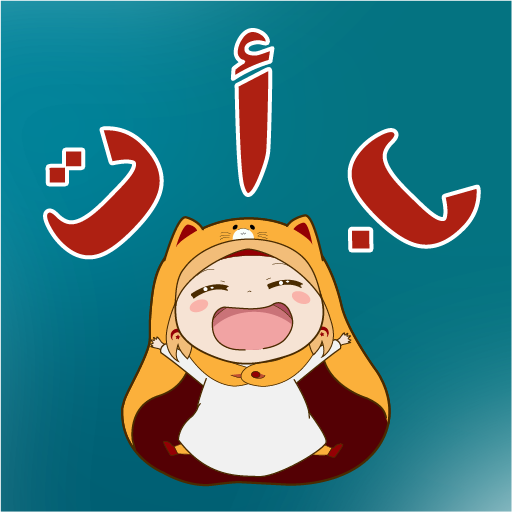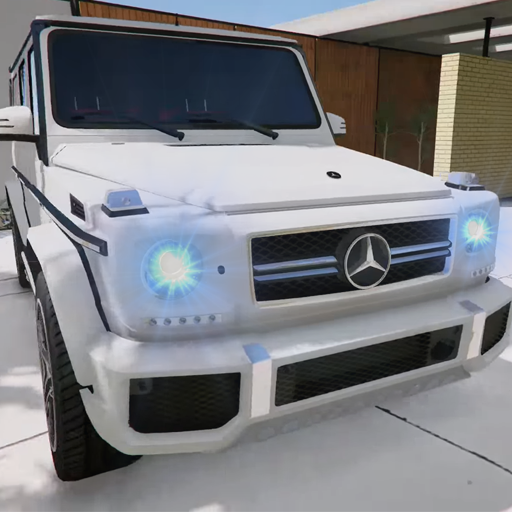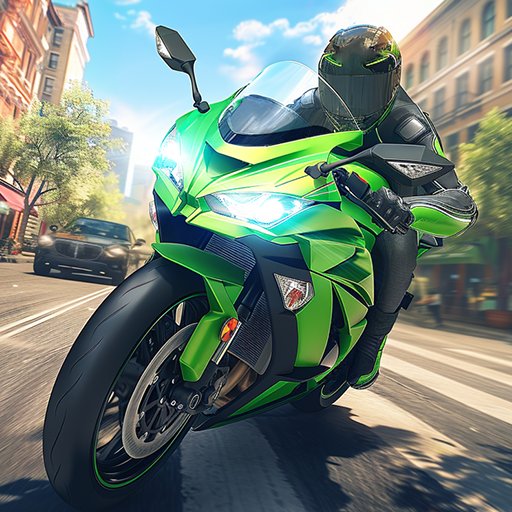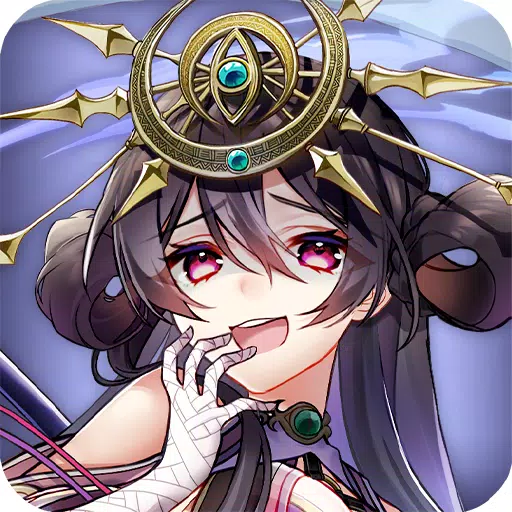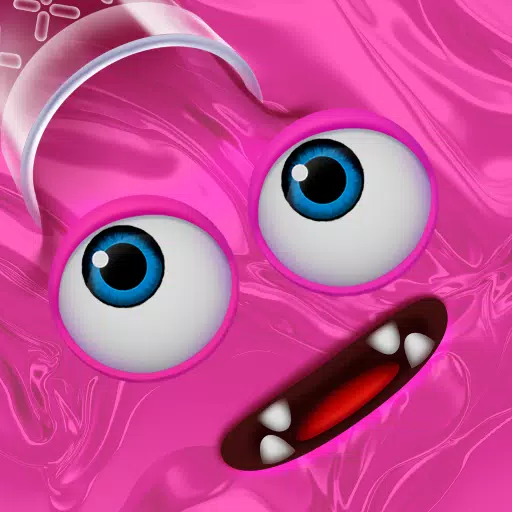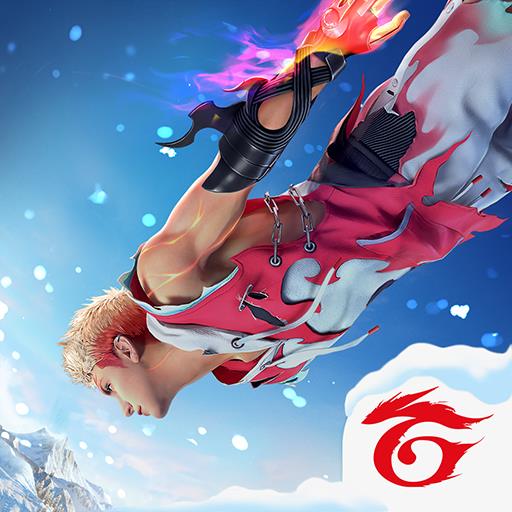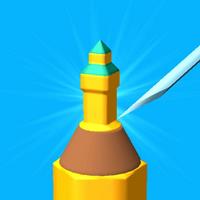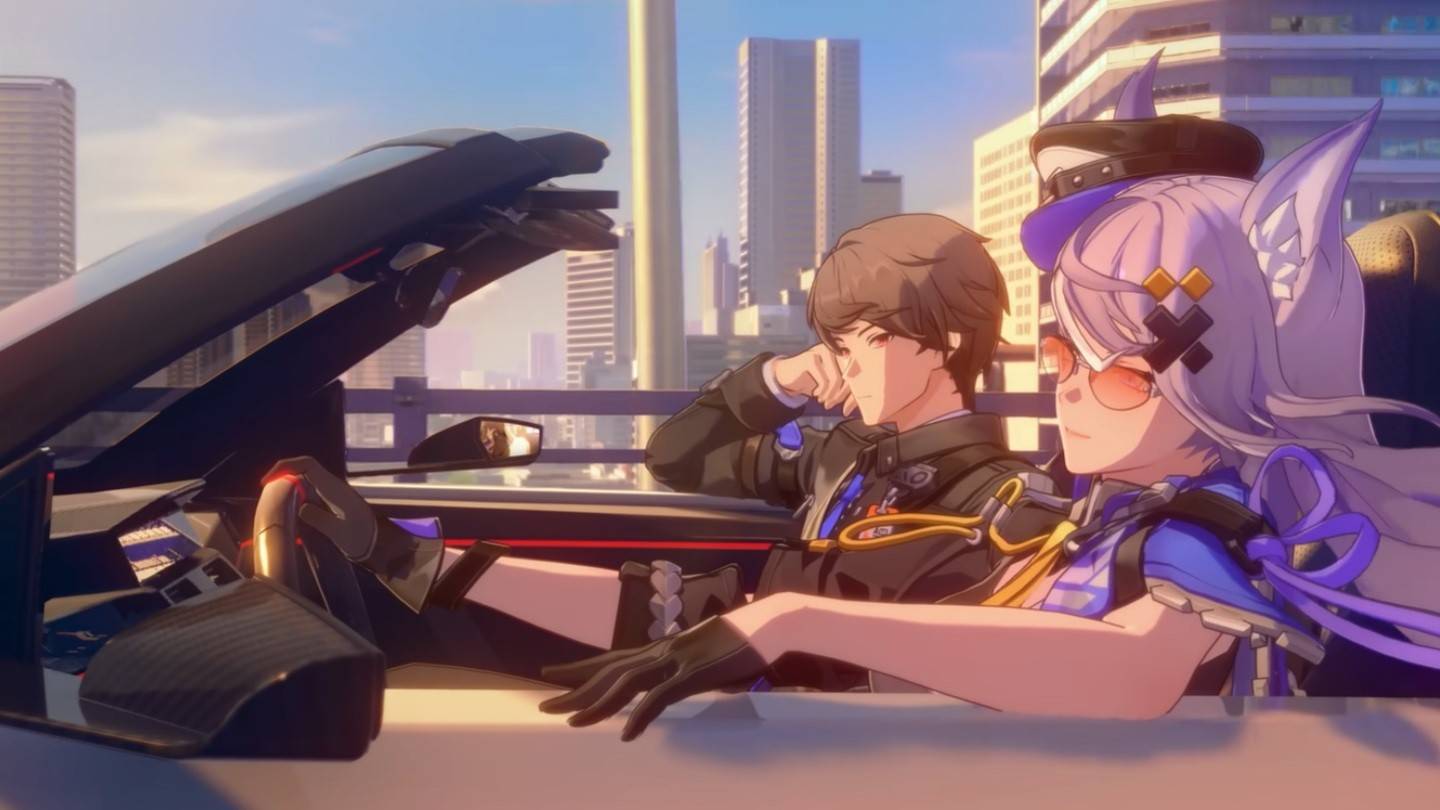2025 marks a pivotal year for DC, with James Gunn’s Superman film set to inaugurate the new DCU theatrically. DC Studios is also busy with a range of film and television projects, while the Absolute Universe in comics is generating significant buzz in the publishing sector. Amidst this flurry of activity, one glaring question remains: What's happening with Wonder Woman? Created by William Moulton Marston and H. G. Peter, she is one of the most recognizable superheroes and a cornerstone of the DC universe. Yet, her presence in recent DC franchise media has been notably subdued.
Outside the realm of comics, Diana of Themyscira has faced numerous challenges. The live-action film series stumbled after the mixed reception of Wonder Woman 1984, and she's absent from the current DCU slate, with Gunn and his team choosing instead to focus on a series about the Amazons. Additionally, Wonder Woman has never had her own dedicated animated series, and her first-ever solo video game, announced in 2021, was cancelled. Given these setbacks, it's crucial to examine how Warner Bros. and DC are handling one of the most iconic female superheroes of all time.
One Hit Wonder
During the intense rivalry between the Marvel Cinematic Universe and the DCEU in the late 2010s, the original Wonder Woman film emerged as a standout success for the latter. Released in 2017, the movie garnered largely positive reviews and grossed over $800 million worldwide. Following the mixed reactions to Batman v Superman and Suicide Squad, Patty Jenkins’ portrayal of Diana resonated with audiences in a way the previous DC films had not. While not flawless—suffering from third act problems and featuring a performance from Gal Gadot that prioritized poise and action over character depth—the film's strong performance suggested the potential for a thriving franchise.
However, the sequel, Wonder Woman 1984, released in 2020, did not meet the same success. It received mixed reviews and failed to recoup its budget at the box office, partly due to its simultaneous release on HBO Max and in theaters amid the COVID-19 pandemic. The sequel's narrative issues, tonal inconsistencies, and controversial elements (such as Diana having sex with Chris Pine’s Steve Trevor while he inhabited another man's body) further alienated viewers. This underwhelming follow-up led to the phasing out of a third film in development, leaving Wonder Woman sidelined despite the numerous relaunches enjoyed by characters like Batman and Spider-Man.
Diana Prince, Missing in Action
As the new DCU embarks on a new era of adaptations, one might expect Wonder Woman to be a focal point. Yet, the ambitiously named Chapter One: Gods and Monsters lineup does not include a dedicated Wonder Woman project. Instead, DC Studios head James Gunn and his producing partner Peter Safran have chosen to develop series based on lesser-known properties like Creature Commandos, Swamp Thing, Booster Gold, and The Authority. While there's merit in exploring these niche IPs (as Gunn successfully did with Guardians of the Galaxy), it's perplexing that these projects are prioritized alongside new iterations of Superman, Batman, and Green Lantern, while Wonder Woman remains absent.
DC Universe: Every Upcoming Movie and TV Show
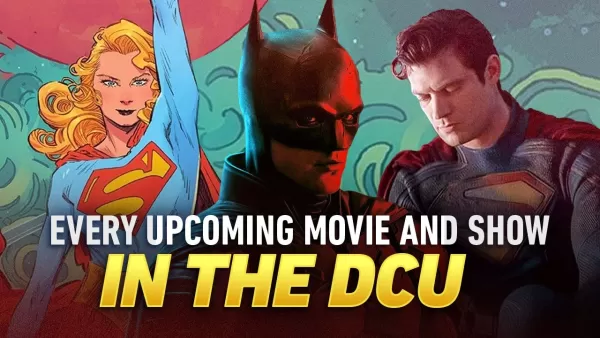
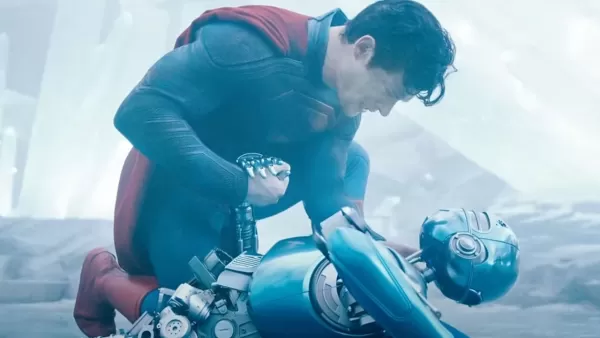 View 39 Images
View 39 Images
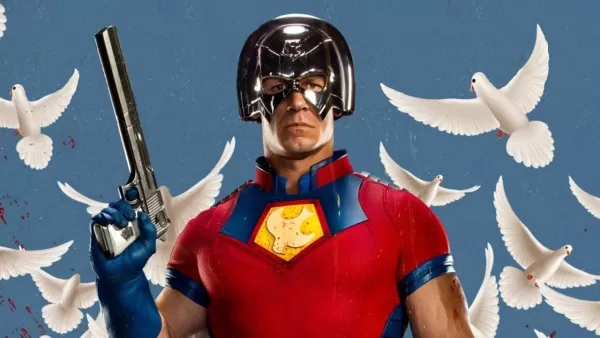
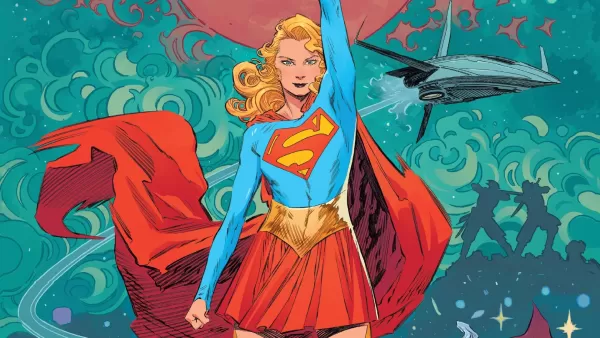
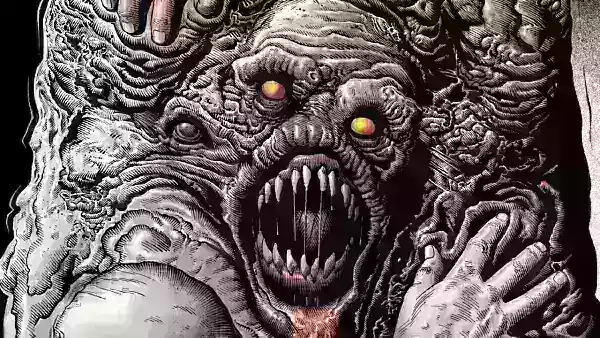
Instead of a Wonder Woman project, the DCU has greenlit Paradise Lost, a series focused on the Amazons of Themyscira set before Diana's birth. While delving into the Amazons' history and enriching Wonder Woman's mythology is commendable, creating a show within her franchise without her feels reminiscent of the Sony Marvel Universe. This raises questions about DC Studios' perception of Diana's draw compared to the world-building around her. Why rush to launch another Batman franchise, potentially resulting in two simultaneous live-action Batmen, yet not prioritize Wonder Woman?
This approach mirrors the treatment of Wonder Woman in the DC Animated Universe of the '90s and early 2000s, where she played a significant role in Justice League and Justice League Unlimited but never received her own series like Batman or Superman. Despite her prominence in DC Universe direct-to-video animated films, she has only headlined two: Wonder Woman in 2009 and Wonder Woman: Bloodlines in 2019. With the superhero genre's recent surge in popularity, it's baffling why a dedicated Wonder Woman project remains elusive.
Let Me Play as Wonder Woman, Dammit
The cancellation of the Wonder Woman game developed by Monolith Productions only deepens the frustration. It's unclear whether the poor performance of other DC games like Suicide Squad: Kill the Justice League and MultiVersus contributed to its demise, but the lengthy development period ending in cancellation feels like a cruel twist, especially since it would have been Diana's first lead role in a game. With the resurgence of character action games, the timing seemed perfect for a Wonder Woman game akin to God of War or Ninja Gaiden.
While Diana has been playable in games like Injustice, Mortal Kombat vs. DC Universe, and various LEGO DC titles, the absence of a AAA action game featuring her is glaring. DC's failure to capitalize on the success of Rocksteady’s Batman Arkham series with games featuring Wonder Woman, Superman, and the Justice League is a missed opportunity. It's particularly galling that Diana's first appearance in the Arkham timeline in Suicide Squad: Kill the Justice League sees her killed off as a non-playable character, while the male members of the Justice League survive as evil clones.
This pattern of neglect across films, cartoons, and video games reflects a troubling lack of respect from Warner Bros. and DC for one of their most iconic characters. If they undervalue the third most significant hero in their lineup, what does that say about their regard for the rest of the DC roster? Hopefully, Gunn's Superman reboot will herald a new era of DC adaptations, steering away from the troubled DCEU. As Warner Bros. relaunches its franchise, it's crucial they recognize the immense value Diana Prince brings to their universe. After nearly a century, she and her fans deserve better.

